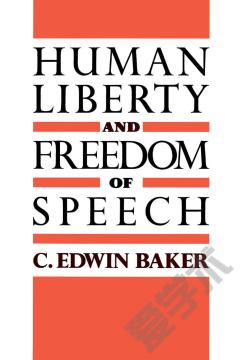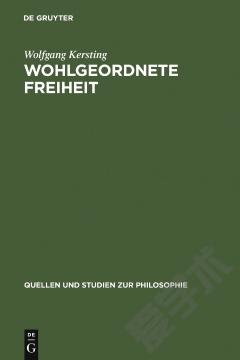Civil Rights and the Idea of Freedom
Focusing attention on the political ideas that were influential as well as those that were central to the civil rights movement, this pathbreaking book examines not only written texts but also oral history interviews to establish a rich tradition of freedom that emerged from the movement. He also makes clear that, though liberal notions of freedom involving the absence of restrictions and equal protections were crucial to movement goals, the movement was as much about individual and collective self-transformation and political participation as it was about removal of barriers to social and political equality. Along the way figures such as Martin Luther King and Ella Baker, Stokely Carmichael and James Forman, and political thinkers such as Hannah Arendt and Frantz Fanon are discussed and analyzed. Civil Rights and the Idea of Freedom concludes that the civil rights movement helped revitalize the meaning of citizenship and the political importance of self-respect in the contemporary world with implications reaching beyond its original setting.
{{comment.content}}








 京公网安备 11010802027623号
京公网安备 11010802027623号